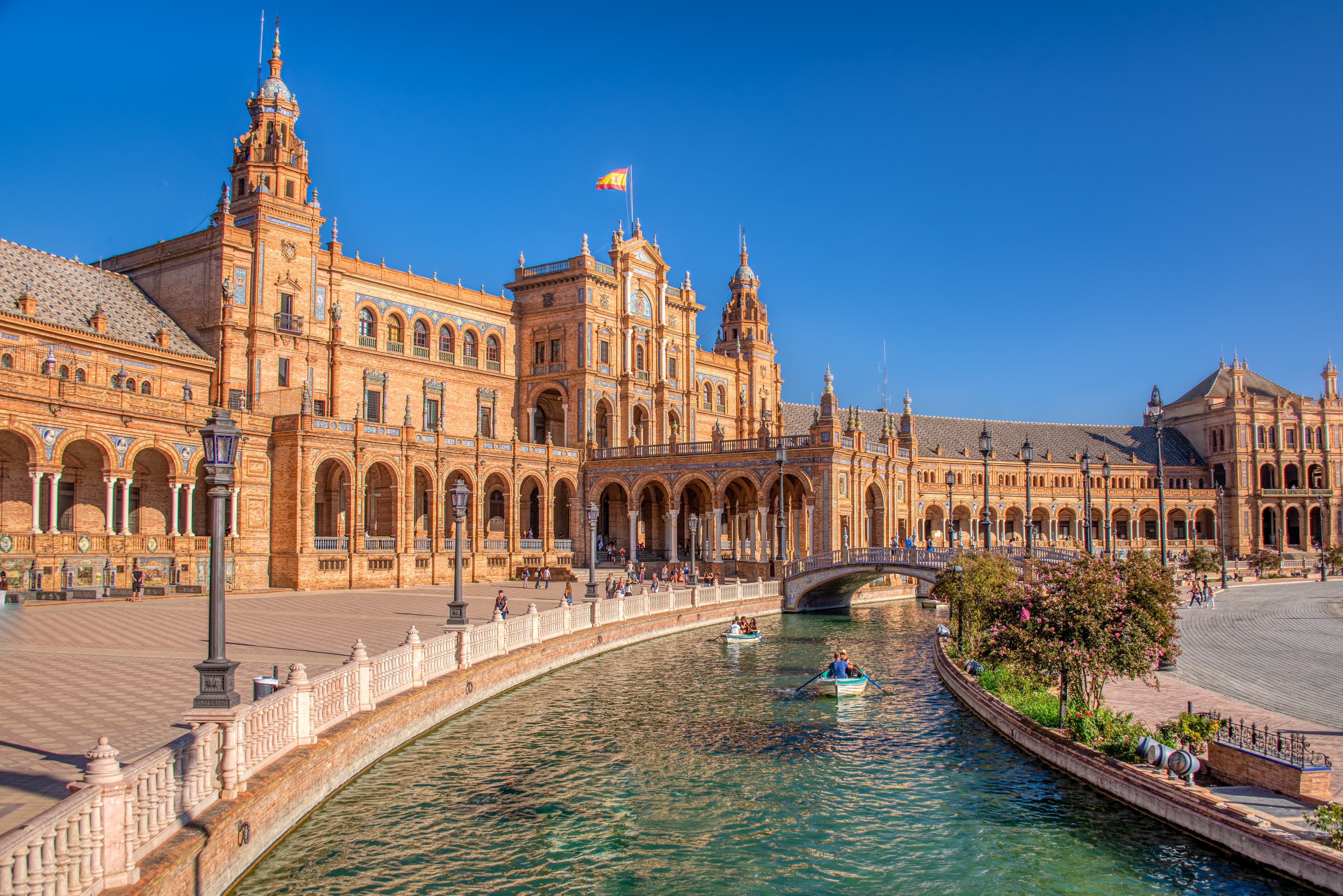Summary
International students who study in the European Union have the right to combine their studies with work. But the work part has restrictions.
The Erudera platform has published the general work rules for foreign students. We’re looking into ways legally simultaneously study and work in EU countries.
Almost 6 million students study abroad, according to the Erudera study. About 1,3 million of them study at European universities.
After enrolling the European Union universities, foreign applicants receive a student visa. It gives them the right not only to study and live but also to work in the country where the university is located.
During the semester, international students can:
-
work no more than 4 hours a day;
-
but no more than 20 hours a week.
Conditions become less strict between semesters. As a rule, international students are allowed full-time employment during breaks and public holidays.
Each EU country has additional conditions for foreign students who work. Depending on the country, foreign students may:
-
only apply for certain positions;
-
work no more than a certain number of hours or days per year;
-
work only after obtaining a work permit through immigration or employment services.
Foreign students must prove that their work does not jeopardize the main condition for staying in the European Union, which is studying at a university.
How a residence permit provides more freedom to study and work in the European Union
A student with an EU residence permit or citizenship can combine work and study on more flexible terms.
EU residence permit holders can:
- study at an EU country university without a student visa;
- combine studies with work in the territory of this country;
- live freely on the territory of that country and travel in the Schengen area without a visa;
- work in that country without a special permit after completing the studies.
One of the ways to get a residence permit in the European Union is to take part in a state-sanctioned investment program. Investors can get a residence permit for the whole family, and their children can enrol in EU universities.
A European Union residence permit by investment can be obtained in Portugal, Spain, Malta, Greece, Cyprus, or Austria. The minimum investment starts at €30,000. Investment options include renting or buying real estate, supporting science and culture, and starting a business.
Investors will be granted permanent residence, naturalization, or citizenship after a certain period of residence in the country — for at least 5 years.
Immigrant Invest is a licensed agent for government programs in the European Union and the Caribbean. If you want to become an EU resident, please consult investment program experts.




